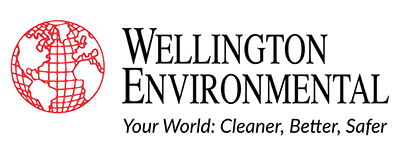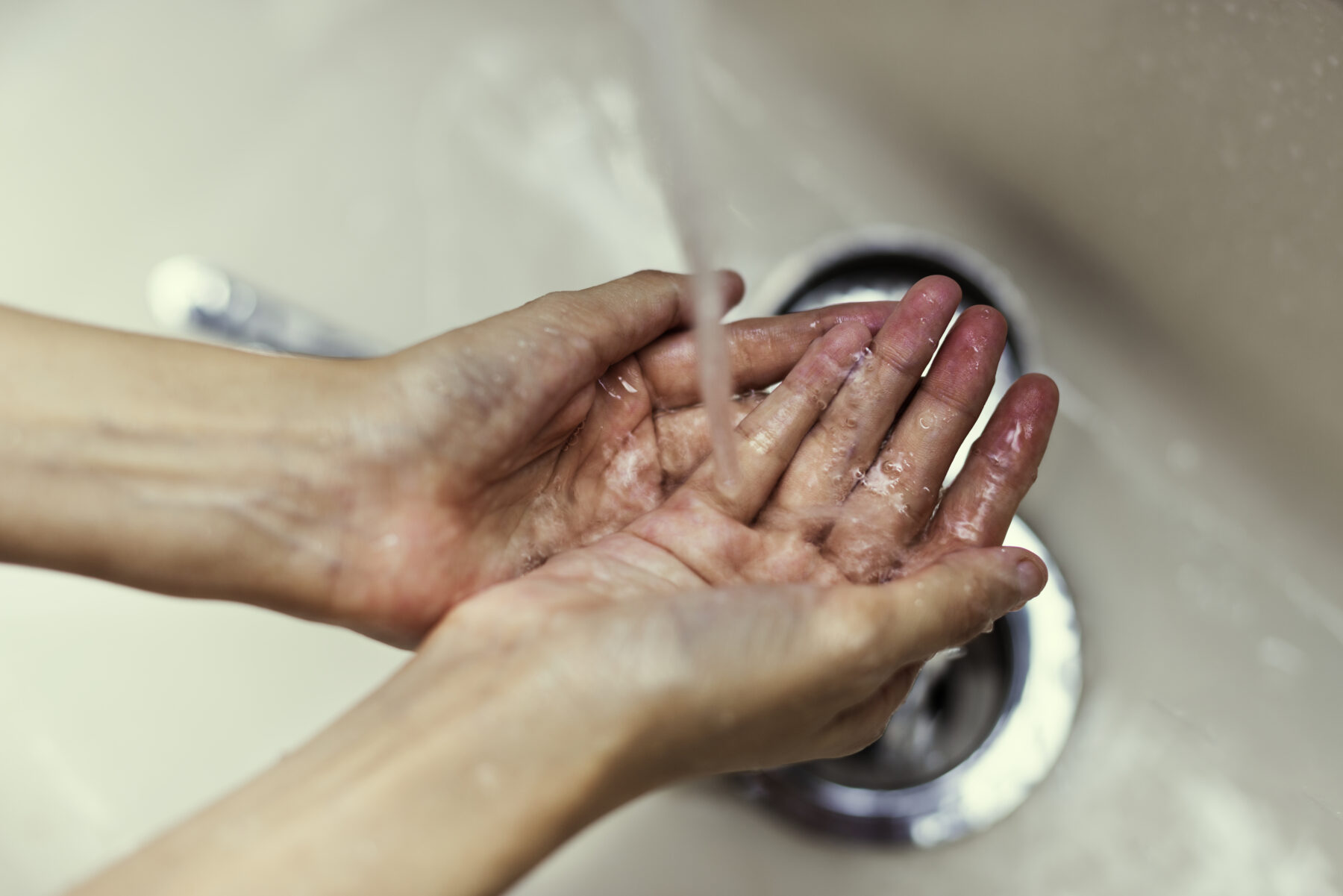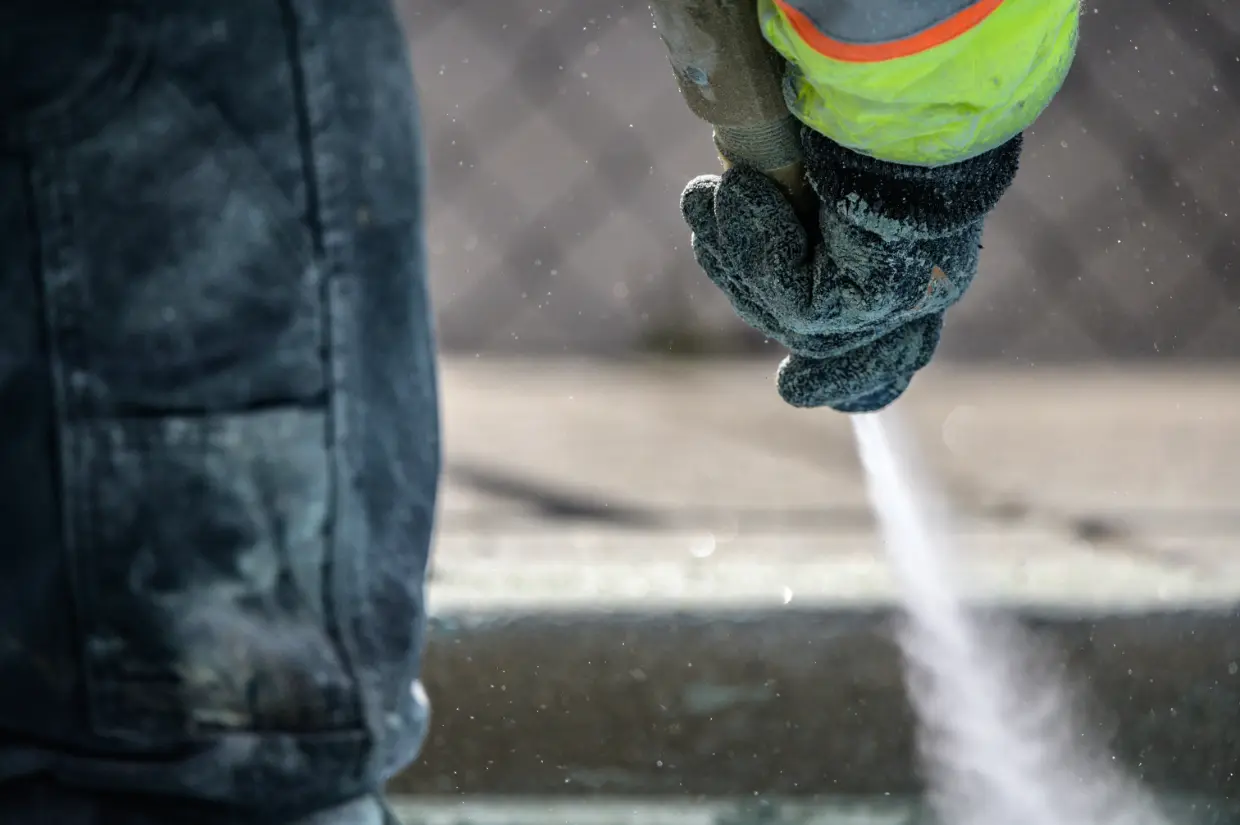Water management in nursing homes is crucial for ensuring the health and safety of residents and workers. Effective water management plans can prevent waterborne diseases, ensure compliance with healthcare facility water regulations, and improve efficiency.
That’s why every home should have comprehensive water care, but where to start? This blog will explore the essentials of nursing home water safety so you can create your strategy. Stay with us to learn how to protect your residents and maintain a safe environment.
Understanding Water Management in Nursing Homes
Water management plans outline the procedures and measures to ensure safe and clean water throughout a facility. They focus on preventing contamination and managing water systems effectively. These plans are vital for nursing homes, where you could face some common issues, such as:
- Legionella bacteria growth in water systems
- Contamination from old plumbing infrastructure
- Inconsistent water temperatures leading to scalds or bacterial growth
Regulatory Requirements and Guidelines
Compliance with healthcare facility water regulations is mandatory. Key guidelines come from organizations like OSHA and the CDC, so we suggest reviewing their recommendations. These regulations help you maintain high water safety standards, covering everything from adequate water pressure to proper disinfection.
Key Components of an Effective Water Management Plan
Here’s everything you should consider when building your water care strategy:
Assessment
Start by thoroughly assessing existing water systems. Identify potential risks and areas needing improvement. This step lays the foundation for your entire plan and prepares you for various issues.
Monitoring
Regularly test and track water quality. Monitoring ensures that any issues are detected early before they become significant problems. Follow compliance requirements and keep detailed records of water quality testing.
Control Measures
Implement procedures to control water quality. This includes temperature control, regular disinfection, and system maintenance. Doing this will prevent contamination and keep residents safe.
Emergency Response Plan
Have a plan for addressing water emergencies, such as a contamination outbreak or plumbing failure. This strategy should include procedures for shutting off water and notifying residents and authorities.
Best Practices for Water Safety
Maintaining a healthy environment requires more than just following regulations. It’s a constant effort that involves implementing best practices daily. Here are some tips for promoting water safety in your nursing home:
- Regular flushing and cleaning of water systems
- Proper maintenance of hot water tanks and cooling towers
- Using point-of-use filters where necessary
- Educating staff and residents about water safety practices
Ensuring Optimal Nursing Home Water Safety with Wellington Environmental
Effective water care is essential for maintaining a safe environment in nursing homes. After all, facing water safety challenges can feel overwhelming, especially when they may endanger your residents and staff. Nobody should have to deal with substandard water quality.
Wellington Environmental understands these concerns and is dedicated to helping you. With 30 years of industry experience, we’re here to meet your water safety needs. Secure your facility’s water today with our water management plans!




